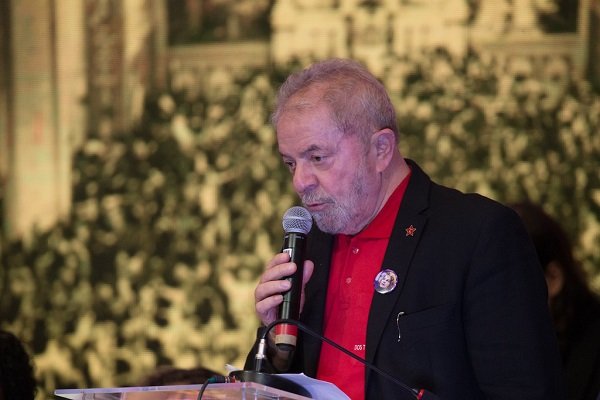This Content Is Only For Subscribers
To unlock this content, subscribe to INTERLIRA Reports.
On Thursday (10/11), during his first visit to the location where the government transition is taking place, in Brasília, the elected President Luiz Inácio Lula da Silva criticized the spending limit and said that it was necessary to change the way certain government expenditures were viewed, in reference to “fiscal stability”. He emphasized that the social factor must be placed ahead of themes that interest, in his words, only to the financial market. This caused a quite negative response by the financial market, indicating a possible troubled relation between the newly elected government and a powerful “institution” in the Brazilian economy.
Market Reaction
Investor discontent, fearing the future government’s fiscal agenda after the president’s speech, contributed to the 4% drop in the Ibovespa, the Brazilian Stock Exchange’s reference index, to 108,964 points. The commercial dollar rose by 4.08% and reached R$ 5.3960.
The Transition PEC
Another factor also influenced the market response. The elected government discusses a Proposed Amendment to the Constitution (PEC) to change the spending limit and increase expenses, such as the Bolsa Família to a minimum of R$ 600. The new government also plans to remove expenses with the Bolsa Família from the scope of the spending limit permanently. As it is planned today, the PEC has a cost of R$ 175 billion.
A Necessary Change in Communication
According to media sources, Lula’s allies believe that there should be greater caution on his part when talking about critical topics. In general, people around the president consider that he just repeated the tone used during the election campaign. However, investors assess that Lula is now elected, and no longer a candidate. Hence the need to calibrate economic statements.
A Sensitive Topic
The economy is a very sensitive topic for the viability of a government in Brazil. It has led previous governments to face political problems that made them impracticable. The economic crisis in Dilma Rousseff’s government and her response to it is among the factors always mentioned when analysts explain construction of the political conditions that made her impeachment a reality. If Lula fallows the same path, rising inflation and the response of a now independent Central Bank – rising the country’s basic interest rate – could lead to a wave of protests. The conditions could be even worse, considering the fact that the party that elected the biggest number of Federal Deputies and Senators was Jair Bolsonaro’s party, the Liberal Party (PL). On top of that, PL President, Valdemar Costa Neto, announced on Tuesday (08/11) that the party will be opposition to Lula’s government.




